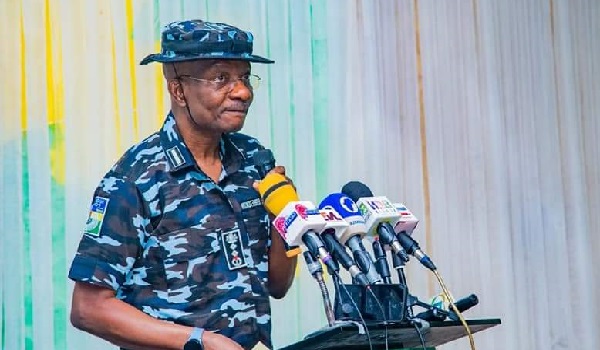Abuja, Nigeria – In a significant development, the Inspector-General of Police, Olukayode Egbetokun, has directed senior police officers to provide protection for the participants of the upcoming #EndBadGovernance protests scheduled to take place from August 1 to 10, 2024. The directive was issued in response to a request made by human rights lawyer Ebun-Olu Adegboruwa (SAN).


The letter, dated July 29, 2024, and signed by CP Johnson Adenola, the Principal Staff Officer to the Inspector-General of Police, was a response to Adegboruwa’s request for police protection for the hunger protesters. The police chief instructed senior officers to comply with the lawyer’s request and further expressed a desire to meet with Adegboruwa at the Nigeria Police Force Headquarters in Abuja on Tuesday, July 30, 2024, to discuss the matter in detail.
“I am to inform you that the Inspector General of Police has directed the Deputy Inspectors-General of Police (Operations and Intelligence), the Assistant Inspectors-General of Police (AIGs) in charge of Zonal Police Headquarters, and the Commissioners of Police (CPs) in charge of State Commands across the country to attend to your request,” the letter stated.
The decision to provide police protection for the protesters reflects a significant shift in the approach of law enforcement towards public demonstrations. The #EndBadGovernance protests, which seek to address issues of corruption, mismanagement, and poor governance, have gained momentum in recent months, with citizens expressing their dissatisfaction with the current state of affairs.
This step by the Inspector-General of Police is seen as a positive development in ensuring the safety and security of peaceful protesters. It demonstrates a willingness to uphold the rights of citizens to express their grievances and engage in peaceful demonstrations.
It remains to be seen how the protests will unfold and how law enforcement will manage the situation. However, the directive from the Inspector-General of Police marks a significant turning point in the relationship between the police and protesters, signaling a recognition of the importance of peaceful expression of dissent in a democratic society.